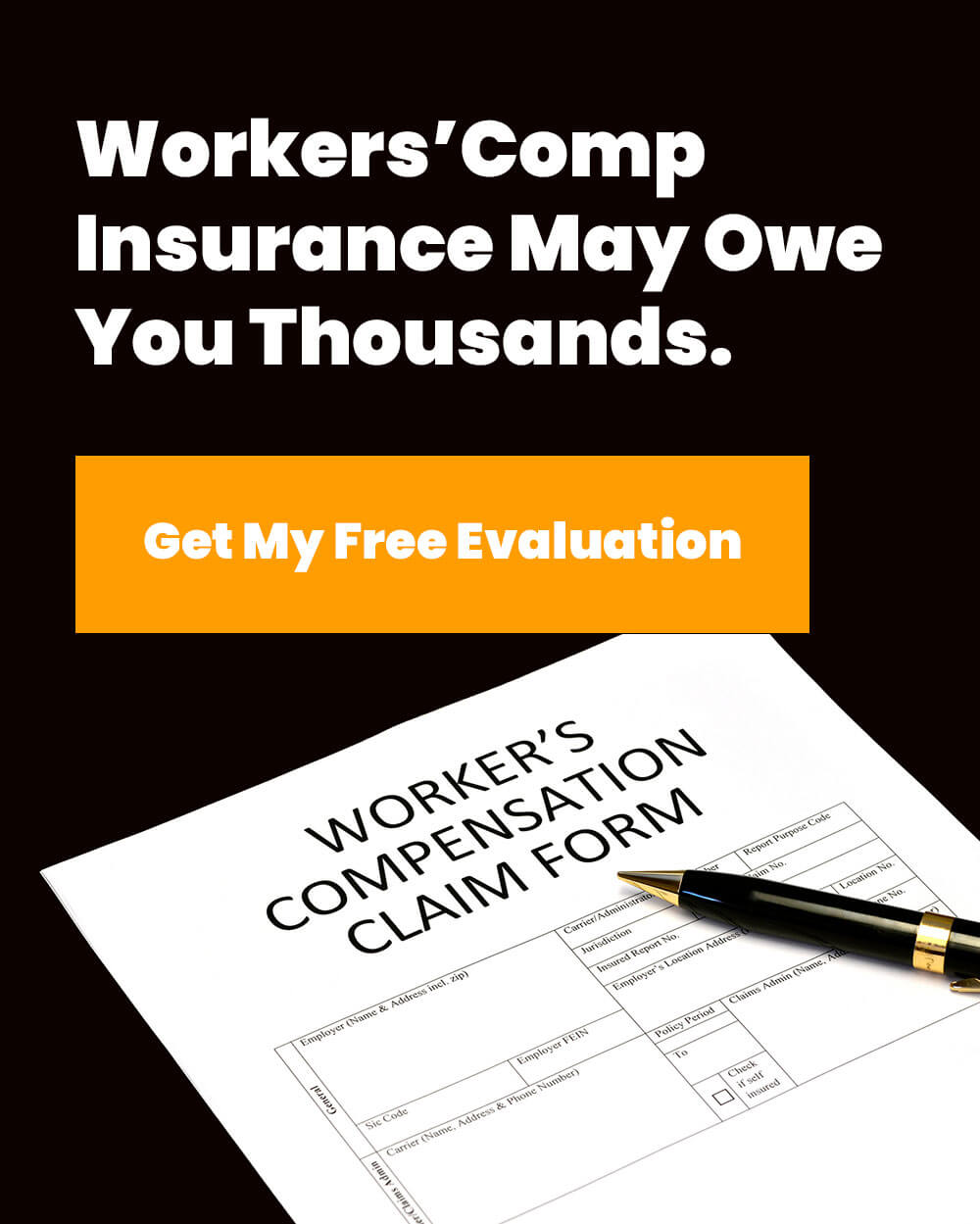Important: We updated this article in September 2023 to make sure all info below is both current and correct. Each U.S. state has specific laws, rules, and procedures regarding workers’ comp benefits. These laws protect both employers and employees in the event of an occupational illness or injury. If you have a work-related injury, then you may qualify for Rhode Island workers’ compensation benefits. We’ll explain the process to file workers’ comp claims and other critical info below.
Confirming Your Employer Has Rhode Island Workers’ Compensation Insurance
The Rhode Island Department of Labor and Training (DLT) requires workers’ comp coverage for all employers with one or more employees. However, certain workers are exempt from this automatic coverage, such as:
- Federal employees
- Firefighters
- Police officers
- Sole proprietors and their partners
- Independent contractors
- Some real estate professionals
- Agricultural workers
- Domestic service workers
- Municipal workers, unless the municipality chooses to offer workers’ comp insurance
- Employees whose injury is either self-inflicted or the result of unlawful intoxication in the workplace
Steps to Apply for Rhode Island Workers’ Compensation Benefits
Follow these steps to apply for workers’ comp after a work related injury:
1. Seek medical treatment from the closest ER, urgent care clinic, or your own doctor.
If you don’t have a doctor treat your illness or injury right away, you may lose your right to workers’ compensation. Be sure to tell the doctor your injury or illness is work-related.
2. Notify your employer as soon as possible.
We strongly recommend you do this in writing and describe everything that happened. If your supervisor witnessed the accident, even better.
3. Your employer then has 10 days to notify the insurance company about your accident.
They should file a First Report of Injury form with the Rhode Island Division of Workers’ Compensation (DWC) to start your claim. For fatal injuries, your employer has 48 hours to file.
4. You must miss 3 full workdays before you can qualify for weekly payments for lost wages.
Rhode Island state law says your employer’s insurance company cannot pay you for this three-day waiting period. If you don’t need at least three days off for work-related injuries, you’ll receive only medical benefits. This means workers’ compensation must pay all your medical bills, but no weekly payments for lost wages.
5. Your employer’s workers comp insurance should approve or deny your claim within 21 days.
6. If denied, you can petition the Rhode Island Workers’ Compensation Court to review your case.
You must pay $20 to file your petition (it’s $25 to file an appeal with the Appellate Division). Then, you should receive notice they’ve scheduled your hearing date about 21 days later.
Every Rhode Island workers’ compensation claim is unique, so your experience may vary. To learn more, read What You Should Know After a Work-Related Injury/Illness.
What Rhode Island Workers’ Compensation Benefits Are Available to Injured or Sick Employees?
Employees with on-the-job injuries or illnesses may qualify for several different benefits, depending on your specific circumstances:
Temporary Total Disability
If you cannot work at all due to your injury, workers’ comp pays 62% of your wages while you recover. As of October 1, 2023, the max weekly payment you can receive is $1,534.
Temporary Partial Disability
If you can only perform light-duty or part-time work while you recover, you may receive partial wage-loss benefits. Workers’ Compensation Court may reduce this weekly compensation amount once you reach maximum medical improvement (MMI) for your injury.
Dependency Allowance
Do you qualify for TTD payments while you recover from your accident? If yes, you may also receive a small weekly allowance for each eligible dependent. Eligible dependents include spouses who do not work and children younger than 18. This weekly dependency allowance benefit may also apply to children aged 18-23 currently enrolled in college full-time.
Medical Expenses
Your employer’s insurance provider must pay all your workplace injury or illness-related medical bills. Those payments go directly to your healthcare facility or doctor, not to you. You have no co-pays or deductibles for any medical treatments, drugs, or therapy your doctor prescribes to treat your injury.
Physical/Vocational Rehabilitation
If you cannot return to work full-time in your previous position, then you may qualify for rehabilitation benefits. This may include physical rehab, job-placement training, etc.
In addition to these benefits, you may qualify for a lump-sum payment for permanent injuries. These include things like arm, leg, finger or toe amputations, job-related hearing loss, paralysis, permanent scarring, or disfigurement.
How to Get Free Rhode Island Workers’ Comp Claim Help
Still have questions or need help with your claim? It’s smart to ask a lawyer to review your case if any of the following apply to you:
- You have pre-existing health conditions
- Another coworker is involved or may be at fault for your injury
- Your employer requires a drug test once you report your accident
- You wish to appeal a denied workers’ compensation claim
- Your employer fired you after you reported your accident
- An employer refuses to hold your position open until you recover
We can connect you with a local workers’ compensation attorney to discuss your case for free. You’ll pay nothing for this free phone call during regular business hours. This call doesn’t obligate you to do anything else or hire that lawyer.
Finally, workers’ comp attorneys charge $0 unless you win your case. And if you do win, then you’ll only pay one small fee.
Want free expert help with your workers’ comp issue? Click the button below now to start your free online benefits quiz and see if you may qualify:
Get Your Free Benefits Evaluation
Lori Polemenakos is Director of Consumer Content and SEO strategist for LeadingResponse, a legal marketing company. An award-winning journalist, writer and editor based in Dallas, Texas, she's produced articles for major brands such as Match.com, Yahoo!, MSN, AOL, Xfinity, Mail.com, and edited several published books. Since 2016, she's published hundreds of articles about Social Security disability, workers' compensation, veterans' benefits, personal injury, mass tort, auto accident claims, bankruptcy, employment law and other related legal issues.


















